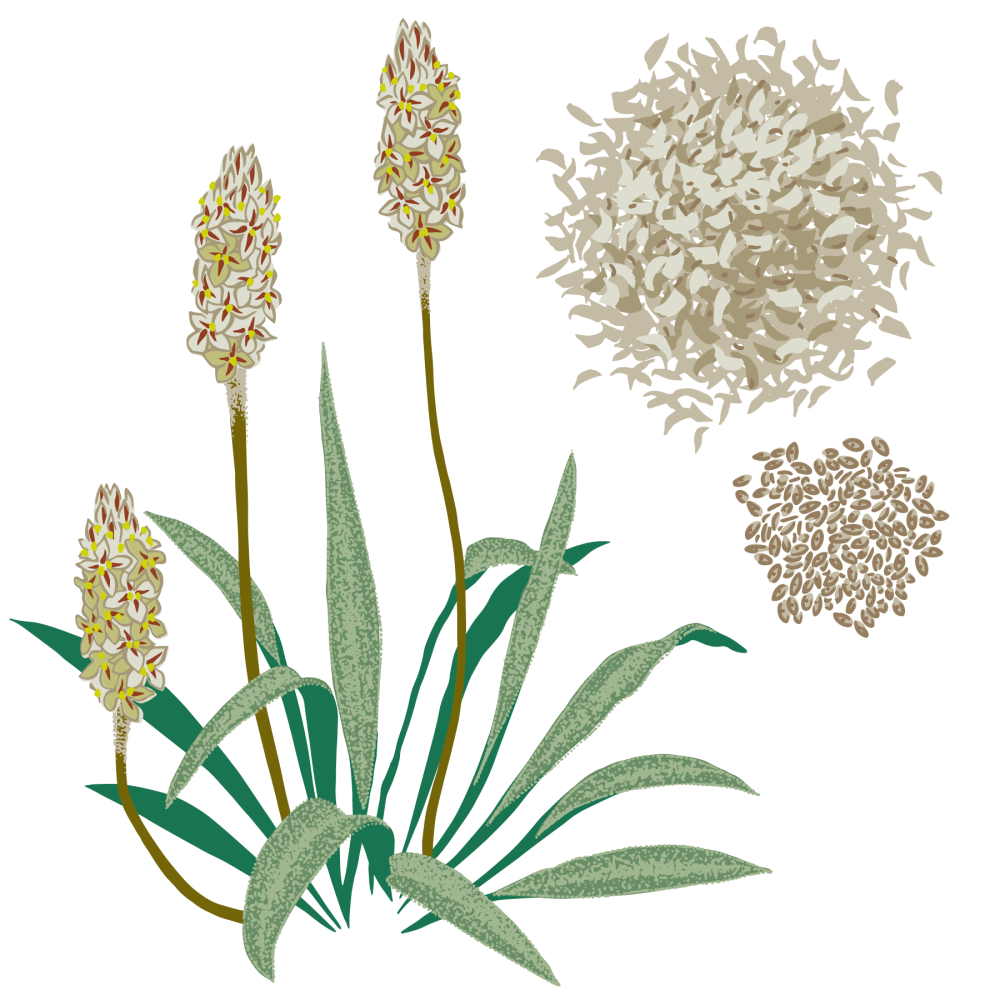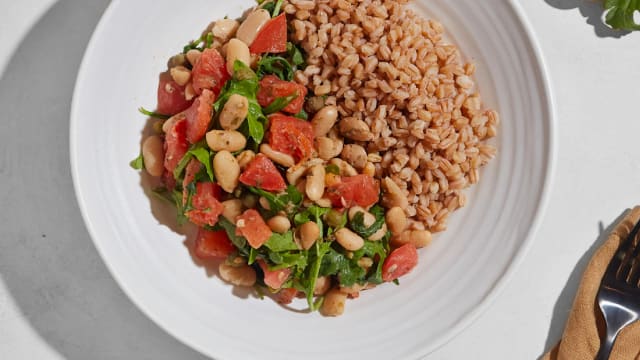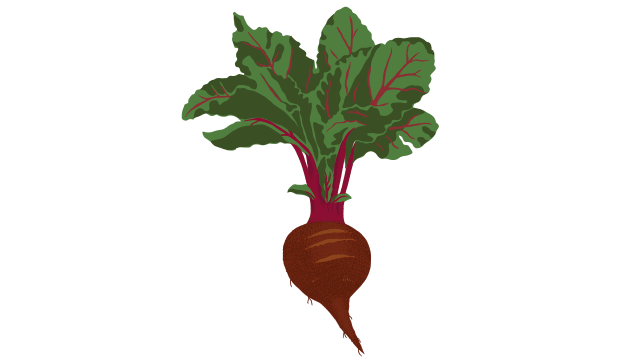Psyllium

Latin name:
What is psyllium?
Psyllium isn’t a food per se, but its ground seed husks are used to add soluble dietary fiber to other foods. This unassuming plant resides in its own family — the Plantaginaceae (plantain or fleawort family) — closely related to a number of garden weeds called plantain but have no relation to the starchy cooking banana that shares its name.
Why is psyllium healthy?
Psyllium is not a particularly good source of vitamins and minerals, though it does contain small amounts of calcium and manganese. It’s renowned for its fiber content; regular inclusion in your diet can aid in managing blood glucose levels and may help relieve IBS. Because it’s filling, it can promote early satiety, helping to manage weight.
What does psyllium taste like?
Psyllium husk has no real flavor of its own; it’s very mildly grassy but its strength is that it’s a flavorless way to add mucilage and fiber to other foods in order to promote digestive regularity. When dry, its texture is similar to wheat germ, but when it comes in contact with liquid it swells into a thick gel.
How do I use psyllium?
Psyllium husk is a really easy way to add fiber to baked goods — the flavor and texture are pretty much undetectable. Just be sure to add a little extra liquid or moisture for it to absorb, or you can end up with a slightly dry result.
What does psyllium pair well with?
Add a few tablespoons to the dry ingredients when you make banana bread or an applesauce spice cake, mix it into your warm cereals, or add it to anything that needs thickening. It’s an effective alternative to starches, alginates, and xanthan gum.
Where does psyllium grow?
The species that produce psyllium are native to the Mediterranean, Northern Africa, Eastern Europe, and Central Asia. Today it’s primarily grown in Eastern Europe and India.
How to buy psyllium:
Psyllium husk (aka psyllium fiber) is typically sold in big tubs shelved near protein powder and other dietary supplements, and is best stored in a cool, dry place.
Fun psyllium fact:
The best-known commercial brand of psyllium, Metamucil, was introduced in 1934 by G.D. Searle Company, which later went on to develop the birth control pill and the artificial sweetener NutraSweet. In 2016, Metamucil partnered with the Dutch advertising agency Havas in a campaign to raise awareness about the brand abroad. The TV ads that appeared in the Netherlands featured such prominent American actors as Nicholas Cage, Julianne Moore, Jennifer Aniston, Charlie Sheen, and Ed Helms. The award-winning ad campaign went with the catchy slogan, “Sometimes shit is easier said than done.” Following the campaign, Metamucil’s market share quadrupled.




